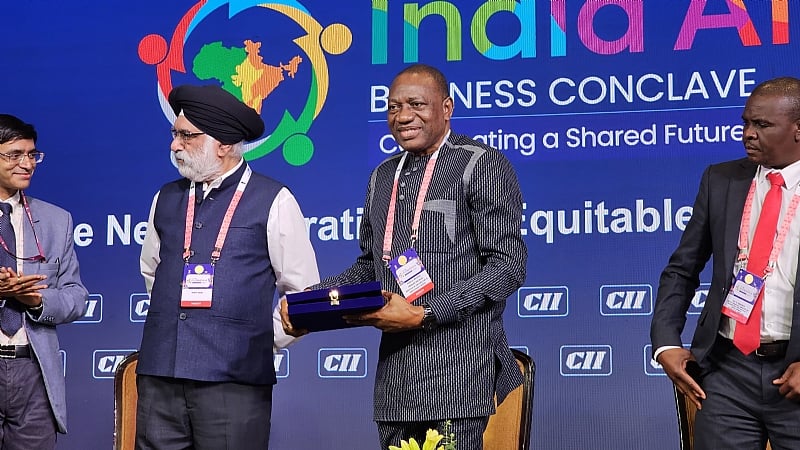Ghana, recognizing the transformative power of digital skills in the 21st century, has embarked on an ambitious initiative to equip its youth for the global digital economy. The government’s “1 million coders” program aims to provide extensive training in coding and other digital literacy skills, positioning young Ghanaians to participate actively in the burgeoning tech sector. This initiative aligns with broader educational reforms that emphasize not just technical proficiency, but also crucial soft skills such as critical thinking, leadership, and innovative problem-solving. By cultivating these multifaceted skill sets, Ghana aims to empower its youth to become drivers of economic growth and technological advancement, both domestically and on the global stage. The program underscores a commitment to human capital development as a core strategy for achieving inclusive prosperity and harnessing the potential of the nation’s demographic dividend.
Recognizing the challenges and opportunities presented by Africa’s burgeoning youth population, Ghana’s focus on youth development is particularly crucial. With millions of young people entering the workforce each year, equipping them with the necessary skills and opportunities is paramount. The digital skills gap is a significant hurdle to overcome, and the “1 million coders” program serves as a direct response to this challenge. By investing heavily in digital literacy, Ghana aims to bridge this gap and empower its youth to become competitive players in the global digital landscape. This initiative recognizes that digital skills are no longer just specialized knowledge; they are foundational skills essential for participation in the modern economy.
Beyond simply providing technical training, Ghana’s approach emphasizes a holistic development strategy. The integration of soft skills training within educational reforms acknowledges that technical proficiency alone is insufficient for success in the complex and dynamic digital economy. Critical thinking, leadership, and the ability to innovate are essential attributes that enable individuals to adapt to rapidly changing technological landscapes and contribute meaningfully to the workforce. This comprehensive approach to skill development underscores Ghana’s understanding that human capital development requires more than just technical expertise; it requires cultivating a well-rounded individual capable of thriving in a complex environment.
The “1 million coders” program, along with the broader emphasis on human capital development, represents a strategic investment in Ghana’s future. By equipping its youth with the necessary digital literacy and soft skills, the government is laying the foundation for a more robust and diversified economy. This investment aims to transform Ghana into a hub for technological innovation and entrepreneurship, driving job creation and economic growth. The focus on youth empowerment is not merely a social development strategy; it is a crucial economic imperative, recognizing that the youth population represents a powerful engine for progress and prosperity.
Ghana’s engagement with international partners, such as India, further underscores its commitment to building a thriving digital ecosystem. Collaboration with countries that have established expertise in technology and innovation provides valuable opportunities for knowledge exchange, technology transfer, and investment. By leveraging these partnerships, Ghana can accelerate its own development trajectory and create a more conducive environment for its young people to thrive. This international collaboration highlights the importance of global partnerships in addressing shared challenges and realizing common development goals.
The “1 million coders” program is not an isolated initiative but part of a broader national strategy to position Ghana as a leader in the digital economy. By investing in its youth, fostering innovation, and collaborating with international partners, Ghana is creating a sustainable pathway to prosperity. This comprehensive approach recognizes that human capital is the most valuable asset any nation possesses, and investing in its development is the surest way to achieve lasting economic growth and social progress. The focus on digital literacy, coupled with the emphasis on soft skills development, positions Ghana’s youth to not just participate in the digital economy, but to shape its future.


